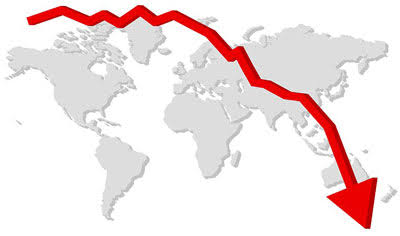By Zion Rufus
In his recent address at the 2023 Annual Meeting Plenary, World Bank Group President Ajay Banga shed light on the continuing struggle of women worldwide to participate equally in the labor force. Despite the progress made in many areas, gender disparities persist in this crucial aspect of economic development.
Stating that globally, women have not seen any significant improvement in their participation in the labor force since 1990, Banga revealed that even when women manage to secure a seat at the table, they often face unequal pay compared to their male counterparts.
“We cannot defeat poverty with half the world’s population on the sideline,” he noted.
Speaking further, the World Bank President stressed the importance of addressing this issue, as it has far-reaching consequences for global economic development and the fight against poverty. He argued that the world cannot defeat poverty effectively with half of the population sidelined in terms of economic participation.
In his address, Banga also drew attention to the immense potential of young people in shaping the future. However, he noted that young people can only be the engine of progress if they are provided with a high quality of life during their formative years and are ultimately given access to meaningful job opportunities.
“With a job comes dignity, pride, the ability to provide for yourself and your family. Without a job – or the hope of one – human despair turns to anger, in those moments people grasp for any hand that offers a way out. Those costs can deliver irreparable harm on a society – or – on entire generations. The urgency and importance cannot be overstated,” he stated.
The World Bank’s projections estimate that approximately 1.1 billion young people will become working-age adults in the coming years, while only 325 million jobs are expected to be created within the same period. According to the World Bank, this potential shortfall could lead to grave consequences for societies and future generations.
Meanwhile, the urgency of addressing these issues is paramount.
As the demographic landscape shifts, action is needed to ensure that what should be a demographic dividend does not turn into a demographic challenge.
To address these challenges, Banga called for comprehensive, aggressive, and simultaneous responses to the intertwined challenges of gender inequality, youth unemployment, public health, climate change, and other global issues.
Additionally, The World Bank’s new mission, as outlined by Banga, seeks to create a world free of poverty on a livable planet. Central to this mission is the inclusion of women and young people, as their empowerment and engagement are critical for global progress.
Addressing these issues is not only a moral imperative but also a key factor in achieving economic growth and reducing poverty worldwide.






Comment
No comments found.